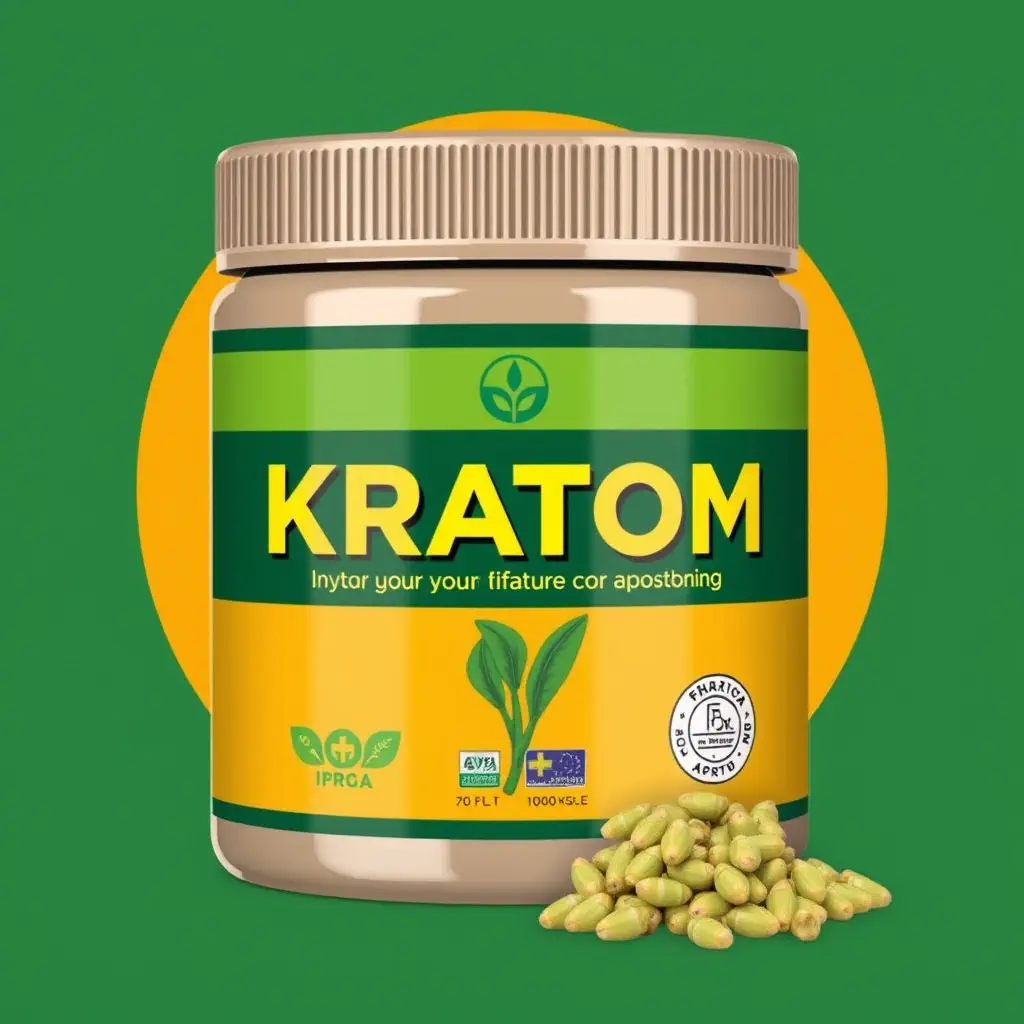Kratom, derived from the Mitragyna speciosa tree, has been scrutinized for its impact on athletic performance, particularly its potential to enhance endurance by boosting stamina and mitigating fatigue. The compounds mitragynine and 7-hydroxymitragynine engage with opioid receptors, affecting pain perception and energy levels. However, concerns about its safety, especially regarding liver health, remain prominent as studies suggest that prolonged kratom use could potentially lead to liver injury in certain individuals. The relationship between kratom and liver function is complex, prompting the need for careful consideration, regular medical monitoring, and professional guidance before incorporating it into an endurance training regimen. While some initial research indicates kratom may aid post-exercise recovery through analgesic and anti-inflammatory properties, further investigation is necessary to understand its full impact on athletic recovery and overall health, especially concerning liver safety. The key takeaway is that there is evidence suggesting kratom can affect the liver, and thus, it should be approached with caution by athletes and individuals seeking to enhance their performance or well-being.
Exploring the intersection of endurance training and natural supplementation, this article delves into the role of kratom—a botanical that’s been gaining attention for its potential performance-enhancing properties. We will dissect how kratom can influence physical prowess and recovery, shedding light on the science behind its effects while addressing concerns, particularly regarding liver health, as per the question “does kratom affect liver.” Join us as we navigate the nuanced relationship between endurance athletes, their training regimens, and the use of kratom supplements.
- Understanding Kratom and Its Role in Endurance Training
- The Science Behind Kratom's Impact on Physical Performance and Recovery
- Assessing the Risk of Liver Health Concerns with Kratom Use
Understanding Kratom and Its Role in Endurance Training

Kratom, derived from the leaves of Mitragyna speciosa, is a tropical evergreen tree native to Southeast Asia. Its active compounds, mitragynine and 7-hydroxymitragynine, interact with the body’s opioid receptors, which can influence pain perception and energy levels. For athletes engaging in endurance training, kratom’s stimulant effects may enhance performance by increasing stamina and reducing fatigue during prolonged activities. While kratom is known for its analgesic properties, concerns about its impact on the liver have been raised due to its potential to affect liver enzymes. Research into whether kratom does affect the liver is ongoing, as preliminary studies suggest that long-term use might lead to liver injury in some individuals. However, moderation and responsible usage are key factors for those incorporating kratom into their training regimen, as it can play a role in endurance performance by providing increased energy and pain relief without the sedative effects associated with opioids. Users should be aware of the potential risks and monitor their liver health through regular check-ups and blood tests if considering kratom as part of their endurance training routine. It’s important for individuals to consult with healthcare providers before integrating kratom into their training, given its complex interactions within the body and the current understanding of its effects on the liver.
The Science Behind Kratom's Impact on Physical Performance and Recovery

Kratom, a tropical evergreen tree native to Southeast Asia, has garnered attention in various circles for its potential impact on physical performance and recovery. The effects of kratom are primarily attributed to its alkaloids, chiefly mitragynine and 7-hydroxymitragynine, which interact with the body’s opioid receptors. Research has indicated that these compounds can influence pain perception, energy levels, and endurance, making them of interest to athletes and those engaged in regular endurance training.
When it comes to physical performance, kratom is believed to enhance stamina and reduce fatigue, which could be advantageous for endurance activities. However, it’s crucial to approach its use with caution, as the influence of kratom on the body can vary widely among individuals. One significant concern regarding kratom use is its potential impact on liver health, as any substance affecting opioid receptors can pose risks to hepatic function. Studies have shown that chronic use of kratom might lead to liver damage, raising the question “Does kratom affect the liver?” While moderate use may not necessarily cause harm, long-term or high doses can increase the likelihood of liver problems, as evidenced by cases reported in scientific literature. Therefore, individuals considering kratom for performance enhancement should be aware of these risks and consult healthcare professionals to ensure safe practices. Additionally, the recovery phase post-exercise is a critical period for muscle repair and overall regeneration; however, research on kratom’s effects during this window is still emerging. Preliminary findings suggest that some alkaloids in kratom may aid in post-exercise recovery by promoting analgesic and anti-inflammatory responses, but more extensive studies are needed to fully understand its role in this context.
Assessing the Risk of Liver Health Concerns with Kratom Use

The relationship between kratom and liver health has been a topic of significant discussion among researchers, healthcare professionals, and consumers. Kratom, derived from the leaves of Mitragyna speciosa, contains alkaloids that can have both stimulant and opioid-like effects. While kratom is traditionally used for its purported beneficial properties, concerns about its impact on liver health persist. Reports and studies have shown that regular kratom use may potentially affect liver enzymes, which could be indicative of hepatotoxicity. Individuals engaging in endurance training and considering the addition of kratom supplements to their regimen should be aware of these risks. Monitoring liver function through routine blood tests can help assess the potential impact of kratom on liver health. Does kratom affect the liver? This question is critical for anyone incorporating this substance into their fitness and wellness routines, as the available evidence suggests that prolonged use may increase the risk of liver issues. It is imperative for users to be vigilant and consult with healthcare providers to regularly evaluate liver health when using kratom, especially in conjunction with intense physical activity like endurance training. This proactive approach can aid in early detection and management of any adverse effects on the liver, ensuring that users maintain their overall health and performance levels.
In conclusion, the integration of kratom supplements into endurance training regimens can be a double-edged sword, with potential benefits for physical performance and recovery that are tempered by concerns regarding its effects on liver health, as explored in the sections “Understanding Kratom and Its Role in Endurance Training” and “Assessing the Risk of Liver Health Concerns with Kratom Use.” The scientific evidence presented underscores the need for a cautious approach; while kratom may enhance endurance capabilities, its impact on liver function is an area that warrants further investigation. Prospective athletes and trainers should weigh these findings carefully, considering the balanced overview of the science behind kratom’s effects. It is crucial to consult with healthcare professionals before incorporating kratom into any training program, especially given the potential for adverse liver effects as discussed. By doing so, individuals can make informed decisions that align with their health and performance goals.






